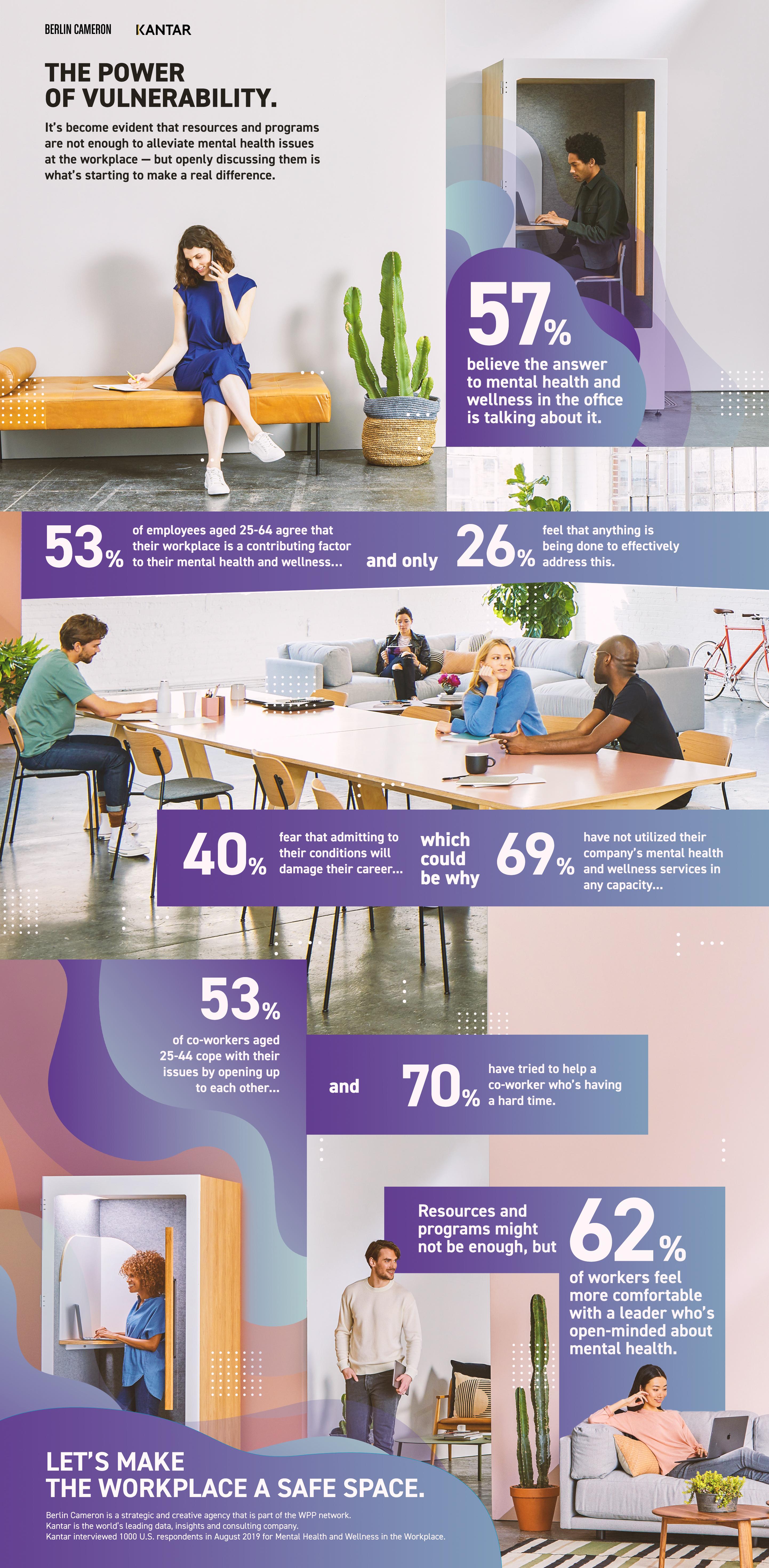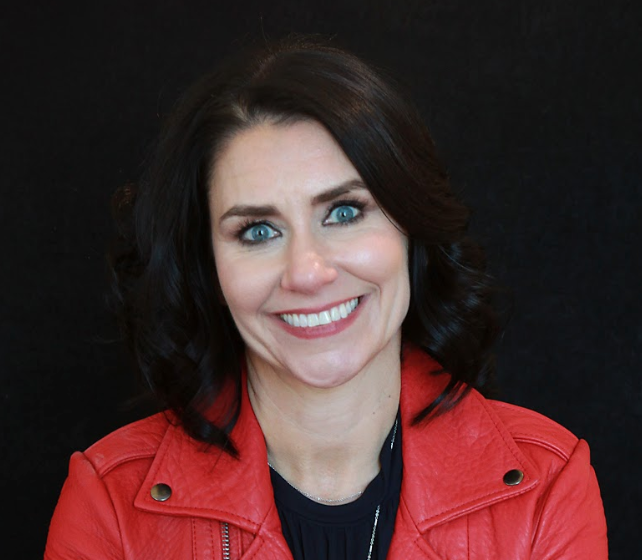Welcome to Thriving Mind, a resource to help you understand your individual signs of stress, take small steps to recharge, and unlock better mental health.
I’ve been incredibly lucky this past year. I count my blessings that I work in an area that I’m passionate about, with clients and female founders who I believe in. It’s allowed me to travel around the world, to meet tons of interesting people, and to learn something new every single day.
That said, it’s also been a year of massive highs and lows. My husband decided to leave the finance world and moved his office into our home to start a new venture. I’m always impressed by how he takes setbacks in stride (it’s just part of the reality of being in the finance world), but as someone who doesn’t always handle change well, I worry about him, about our family, and about how everything will work out in the end.
Meanwhile, even though my career has afforded me some incredible opportunities, as a leader I find myself wracked with self-doubt nearly every day. I question whether I’ve done enough, whether my decisions are the right ones, whether I’m handling situations the right way, whether I’m living up to my own expectations. Add to that some of the realities of the advertising business — clients who ghost, keeping employees happy, hustling to finish last-minute projects — and it equals a lot of stress, anxiety, and sleepless nights.
World Mental Health Day is October 10. More than ever I’ve been trying to open up the dialogue about it at work, but we still haven’t done enough. A couple of years ago, Berlin Cameron started the Side Hustle program to give team members the time and space to work on projects they’re passionate about. In a recent poll we conducted with Kantar, we found that 33% of respondents ages 25-34 engage in a creative activity outside of work as a way to relieve stress, so this program is a small step in the right direction. And WPP has a 24/7 hotline (1-800-833-8707) and an app called Ginger where we can get support in 60 seconds, but these programs aren’t widely talked about. Our internal anonymous poll told me that 84% of BC employees felt that the workplace was a contributing factor to their mental health and wellness, which is 25% more than the average from our national poll. Our industry is known to be stressful, so this number isn’t surprising but tells me we NEED to start TALKING more.

Today we’re hosting “From Workplace to Safe Space,” where a variety of speakers will address topics like how to be a more supportive co-worker, stress management and how to make the office a safe place to bring your whole self. We’re revealing a lot of data, too. Our research with Kantar that says that even though companies are taking steps to ensure health and wellness, resources may not be enough. A majority (69% of respondents) said that they haven’t taken advantage of the services provided by their companies. And the power of talking to co-workers is clear: 53% of those 25-44 said that they are open about their mental health and wellness to their colleagues, and a full 70% have tried to help a co-worker when they’ve gone through a tough time.
As I was talking to the team about the programs and the data we’re revealing, I had a lump in my throat. Who am I supposed to talk to when I’ve felt like there’s a cloud over my head for the past month? Where do I as a leader go for help? Can I be open that I’m scared and not totally sure I’m doing everything right?
Turns out, it might help everyone, both myself and my team, for me to talk about it. In our research, 62% of respondents said they’d never heard anyone in leadership positions talk openly about mental health and wellness, and 62% also felt like having someone in a leadership position talk about it would make them feel more comfortable talking about it, too.
As leaders, we have to set an example. If we can show vulnerability and be real about our own highs and lows, our teams will feel like they can show their authentic selves, too. While it’s obviously a step in the right direction for companies to put yoga rooms and wellness programs in place, we also have to act at the individual level. Instead of putting on a brave face all the time, let’s be a little bit more human.
Once we start sharing, our teams will know that it’s okay to share, too. Small shifts like these will make a big impact in helping offices become safer and healthier spaces for all.
This content is informational and educational, and it does not replace medical advice, diagnosis or treatment from a health professional. We encourage you to speak with your health-care provider about your individual needs, or visit NAMI for more information.
Read more of our mental health coverage here.
Follow us here and subscribe here for all the latest news on how you can keep Thriving.
Stay up to date or catch-up on all our podcasts with Arianna Huffington here.


